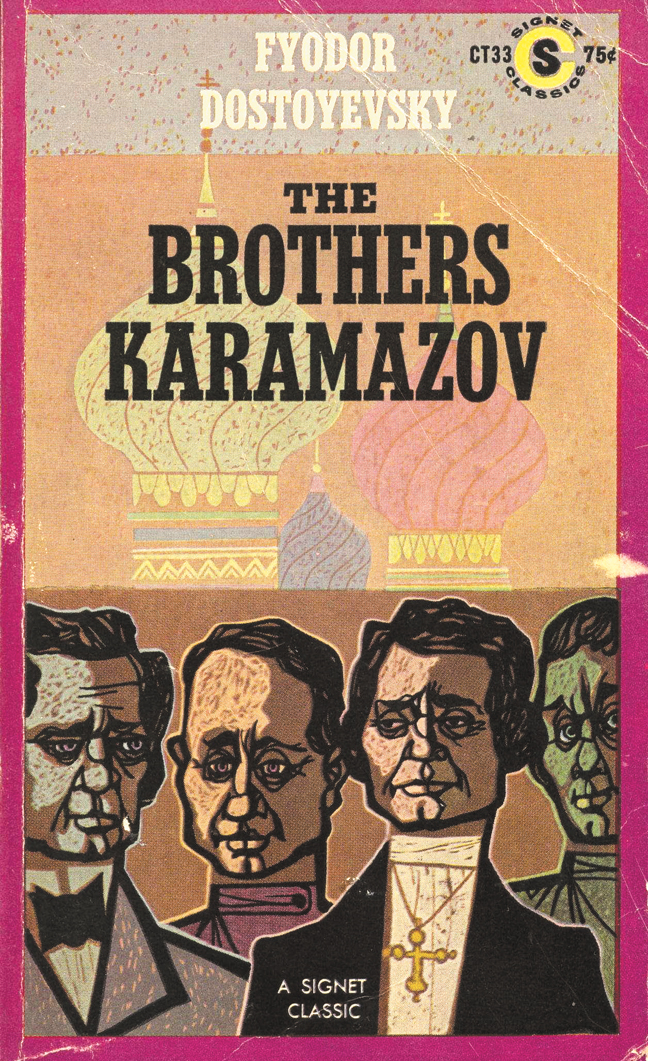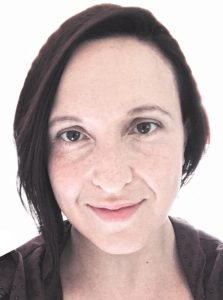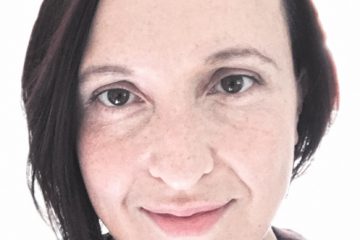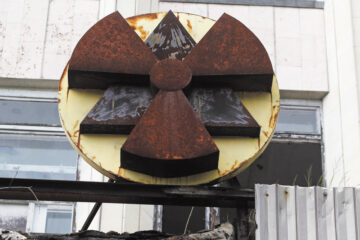A Bisel Kisel – Who by fire?

With Masha Kisel, The Dayton Jewish Observer
On the High Holy Days, Jewish people all over the world will recite the Unetaneh Tokef liturgical poem, anonymously authored a thousand years ago, that urges worshippers to repent so that they may be inscribed into the Book of Life: “On Rosh Hashanah it is written, on Yom Kippur it is sealed.”
This part of the service always feels the most urgent, and most challenging.
I imagine standing before the Divine Judge, asking for mercy for myself and my loved ones.
Self-critical by nature, it’s easy for me to enumerate my long list of wrongdoings. I have been keeping a running tab all year. But is that all that is meant by atonement?
It feels wrong. Here I am, on the holiest day of the year, asking to be spared, while others perish.
“Who by water, who by fire, who by sword, and who by wild beast.” Does the Unetaneh Tokef imply that these terrible things will inevitably happen to someone, so we are just praying that they don’t happen to us?
Each year, I am plagued by the same questions surrounding this liturgy, and so each year in my heart I edit the prayer for our troubled times. This year I will ask God “who by gun fire, who by tornado, who in detention camps?”
And while gun fire and tornadoes may be close to the hearts of us living in the Dayton area, as a former refugee, the conditions in the detention camps also deeply disturb me.
The refusal of asylum to refugees should resonate with all Jews. After all, this was once our history, too.
In 1939, the MS St. Louis, a ship transporting more than 900 Jewish refugees fleeing the Holocaust — many of them children — was denied entry into the United States. Most of them died.
As the Jewish people, we were historically excluded from the sphere of moral concern not just in Europe but in the United States. Isn’t it our duty to expand our own capacity for empathy?
Why was I a child immigrant who was allowed safe passage, while the children fleeing violence in Latin America find no asylum?

Why are some inscribed in the citizenship rolls of our country and some are denied the asylum granted under the United States Refugee Act?
But the current administration’s blatant disregard for the rule of law is just one example of inequity. Morality and legality often do not coincide; we know that human justice is flawed.
At times it feels just as challenging to find evidence of divine justice. The line bolded in our prayer books in the middle of Unetaneh Tokef reads, “But repentance, prayer and righteousness avert the severity of the decree.”
It suggests that each year God seals our fate based on moral merit. But how do we make sense of this statement when we witness so much undeserved suffering and so much unearned privilege?
For the past few years, I have been thinking a lot about Fyodor Dostoyevsky’s novel The Brothers Karamazov.
Dmitri, Ivan, and Alyosha share a terrible father; he is a lecher, a rapist, a usurer, and a buffoon. As adults, they cannot forgive the abuse and neglect they endured as children.
Their father, Fedor Pavlovich, however, feels no pangs of conscience and continues to enjoy all the debaucherous pleasures his ill-earned money can buy.
Dmitri, made livid by his father’s shamelessness, wants to exact revenge on the old man.
“How can he be allowed to go on defiling the earth?” Dmitri exclaims in outraged disbelief.
Ivan, unable to heal from his own broken childhood, becomes obsessed with the suffering of little children.
Explaining why he can no longer believe in God, he tells the story of a little serf boy whose master lets his hunting dogs tear apart his body as punishment for accidentally injuring his favorite hound’s paw.
Dostoyevsky used real court cases in writing The Brothers Karamazov.
The land owner who killed the little boy got off scot-free. Under Russian law of the time, the little peasant had no rights, and neither did his mother, who watched her son die.
Dostoyevsky doesn’t provide a satisfying solution to the problem of unpunished moral crimes, but he shows us that rage and hopelessness bring no relief to Dmitri and Ivan. They only create more pain for themselves and others.
The youngest brother, Alyosha, loves and forgives. Only by forgiving does he free himself to do good, to combat evil.
On this Day of Atonement, I want to think about how I can do good too.
I cannot accept that God’s plan includes mass shootings and family separation at detention camps.
These evils are human creations. And I, too, am responsible for their existence. I am responsible for not doing more sooner. I am responsible for feeling hopeless.
Some will die by gunfire and some in detention camps, but they don’t have to. Human mercy could lessen the decree. And so I ask God for mercy to enter the hearts of those in power and of those who feel powerless.
I ask God for mercy to flood my own heart, to drown out anger and despondency. Amen.
Dr. Masha Kisel is a lecturer in English at the University of Dayton.
To read the complete October 2019 Dayton Jewish Observer, click here.




